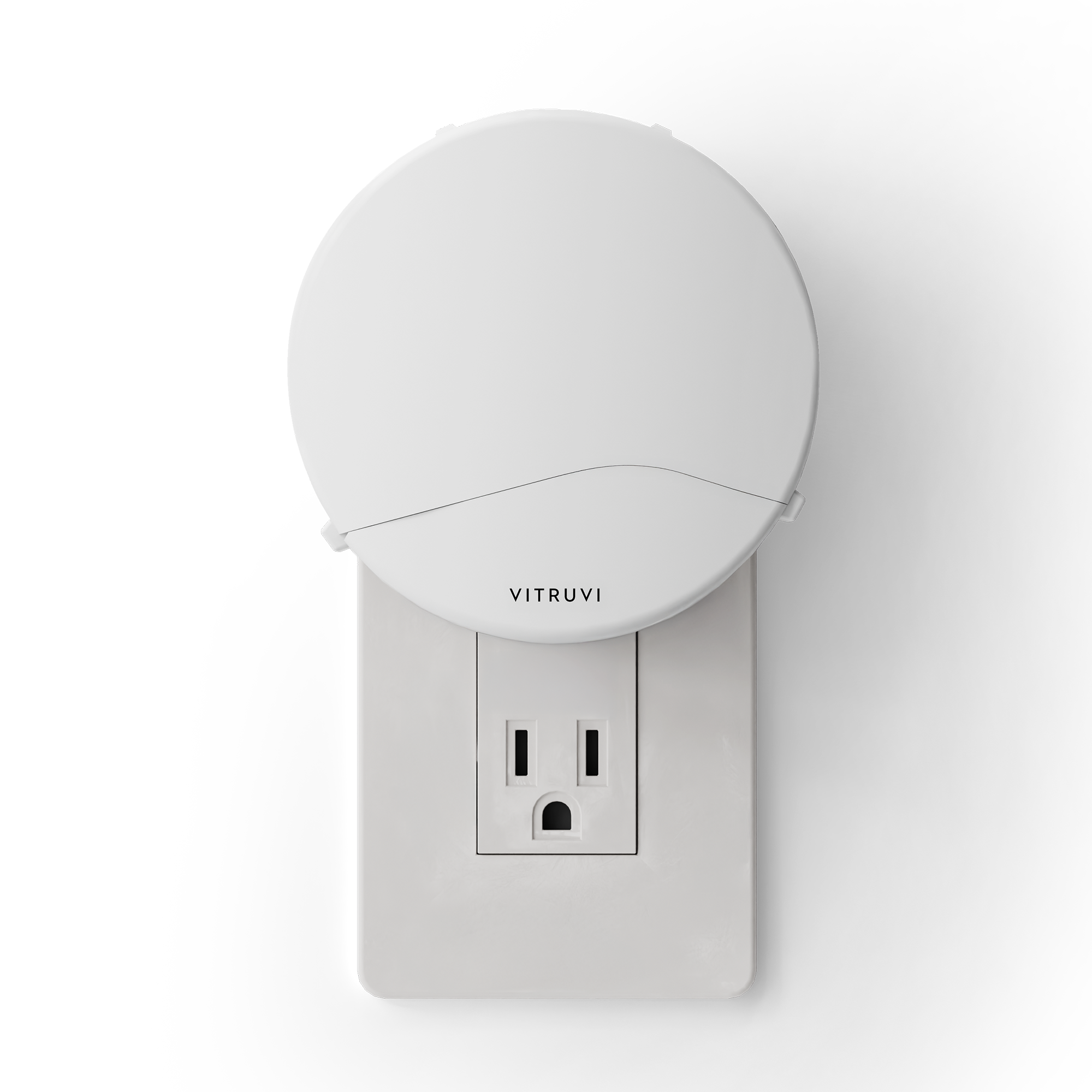Are you a glass half-empty or half-full kind of person? Apparently, it really is the thought that counts.
Every idea that passes through your brain—positive or negative—triggers the release of neurotransmitters, which are chemical substances that allow communication between the control centre and the rest of the body. They handle a variety of biological functions, including the release of certain hormones and chemicals that can impact how you feel.
When you think happy thoughts, your brain produces the complex neurotransmitter serotonin (which contributes to an overall sense of well being and happiness), as well as dopamine (which is largely associated with pleasure and reward). These powerful chemical messengers also regulate a number of functions in your body, ranging from sleep and appetite to cognition, memory, learning, and metabolism. Whenever a happy thought occurs, the creation of new synapses (areas connecting neurons) increases. Keeping your brain happy means a boost in mental productivity, focus, creativity, and problem-solving; negative thoughts, on the other hand, impede cognition.
Charles Raison, professor in the School of Human Ecology at the University of Wisconsin-Madison, has dedicated his career to researching the opposite of happiness: depression. According to him, the brains of people who are depressed tend to have a reduction in activity in the areas that are responsible for pleasure; essentially, decreased cognitive functioning in the brain, which in turn decreases dopamine action, means it is more difficult for these people to feel joy.
Another potential source of unhappiness is rooted in hyperactivity within a brain structure called the default mode network, which is basically a web of interacting regions that activate when you’re too inwardly-focused (for example, when you’re obsessing over something you said to a coworker, or are beating yourself up over not sticking to a plan). It’s that inner voice that keeps you up at night, telling you that you’re not worthy of happiness. “It means that there’s a pathological focus on the self and the focus is negative,” explains Raison via phone. “You tend to think that you’re inadequate, or a failure, or are ashamed.”
Turning down activity in that brain area by thinking outwardly may well be a key ingredient in the recipe for happiness. Meditation has been shown to reduce activity in the default mode network, taking away some of that negative self-obsession—and then there’s the matter of scary movies. “If you’re feeling down before you came into the movie, you feel better when you leave,” says Raison, “just because you’ve sort of busted that self-focus for a second.”
So, he says, “it looks like a happy brain is a brain that is either-inwardly focused without judgment, or a more outwardly-focused brain that feels that it itself is a vehicle for connection with the larger world. That tends to be sort of classic happiness for people.”
One thing that has solidified that our positive thoughts can have an impact not only on our minds, but our bodies as well, is the placebo effect (a beneficial outcome that can be attributed to the patient’s belief in the treatment rather than the treatment itself). In studies where patients took placebo pills for certain diseases, they often found that some symptoms actually improved. Somehow, just the mere thought of the pill working changed the activity in the patients’ brains, and impacted them physiologically as well.
Eliminating negative self-talk and focusing more on the positives is a little bit like going to the gym and working out a muscle group. First it may seem impossible, but as you continue to add more and more weights, you’ll notice yourself getting stronger and stronger. Similarly, by continuing to think positively, you strengthen that neural pathway overtime, bringing neurons closer together so that when an electrical signal is activated, it is transferred faster—beating out negative thoughts and diminishing their impact.
“What you want to do is provide the brain-body system with stimuli that kind of lights a fire that is able to continue, and puts the brain-body continuum in cognitive and affective states that are basically more positive,” says Raison. “The ways to do it have more to do with a sort of an acceptance of life, where you’re able to metabolize more of the pain of life, the hard truths of life, and one own’s failings and hopes. And somehow respond with an attitude of gratitude, that’s really the trick… My belief is that the way to treat depression has to do with activating a sort of realistic sense of gratitude, and a feeling of wonder that one is here and exists and is going to connect to the world.”












